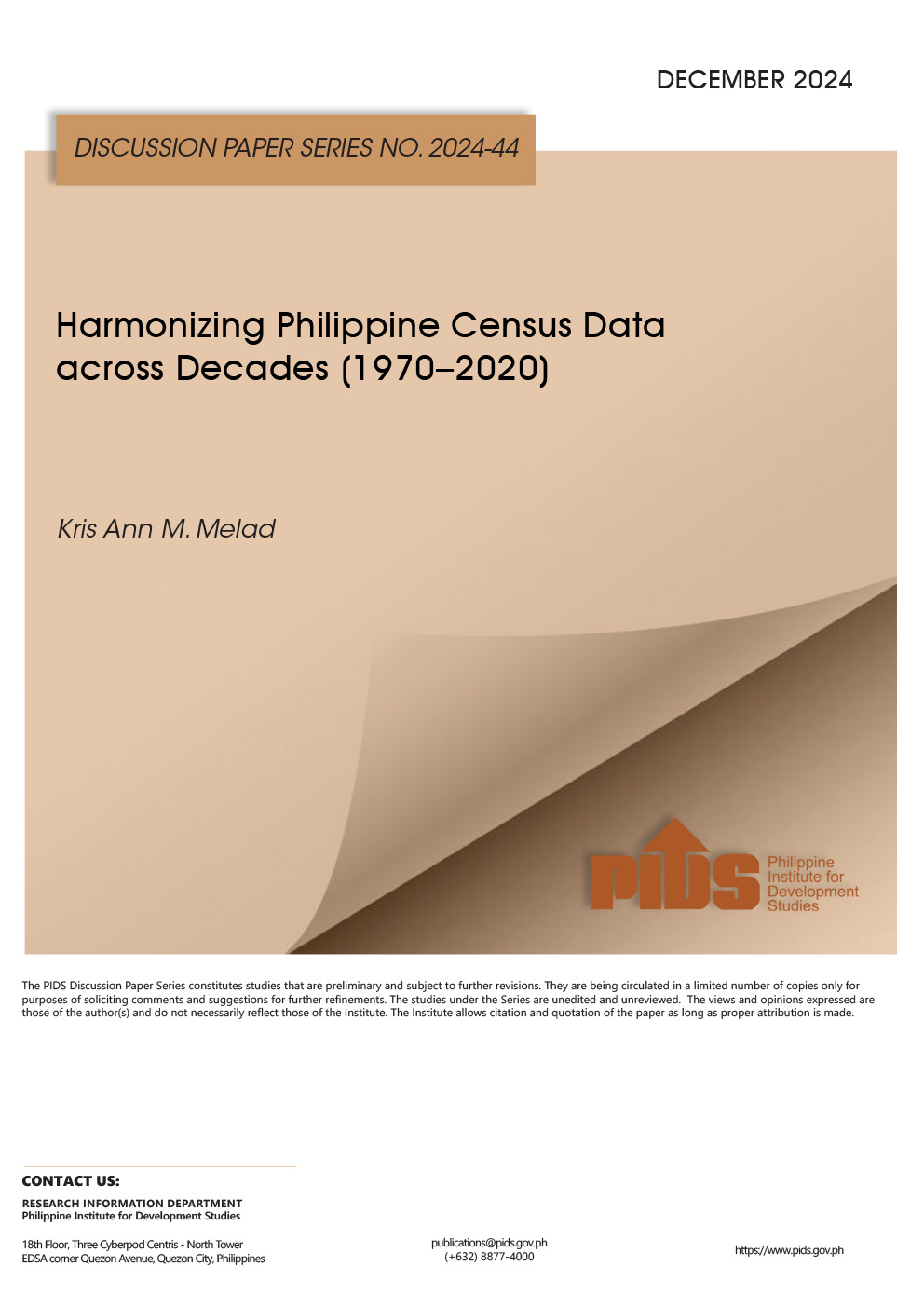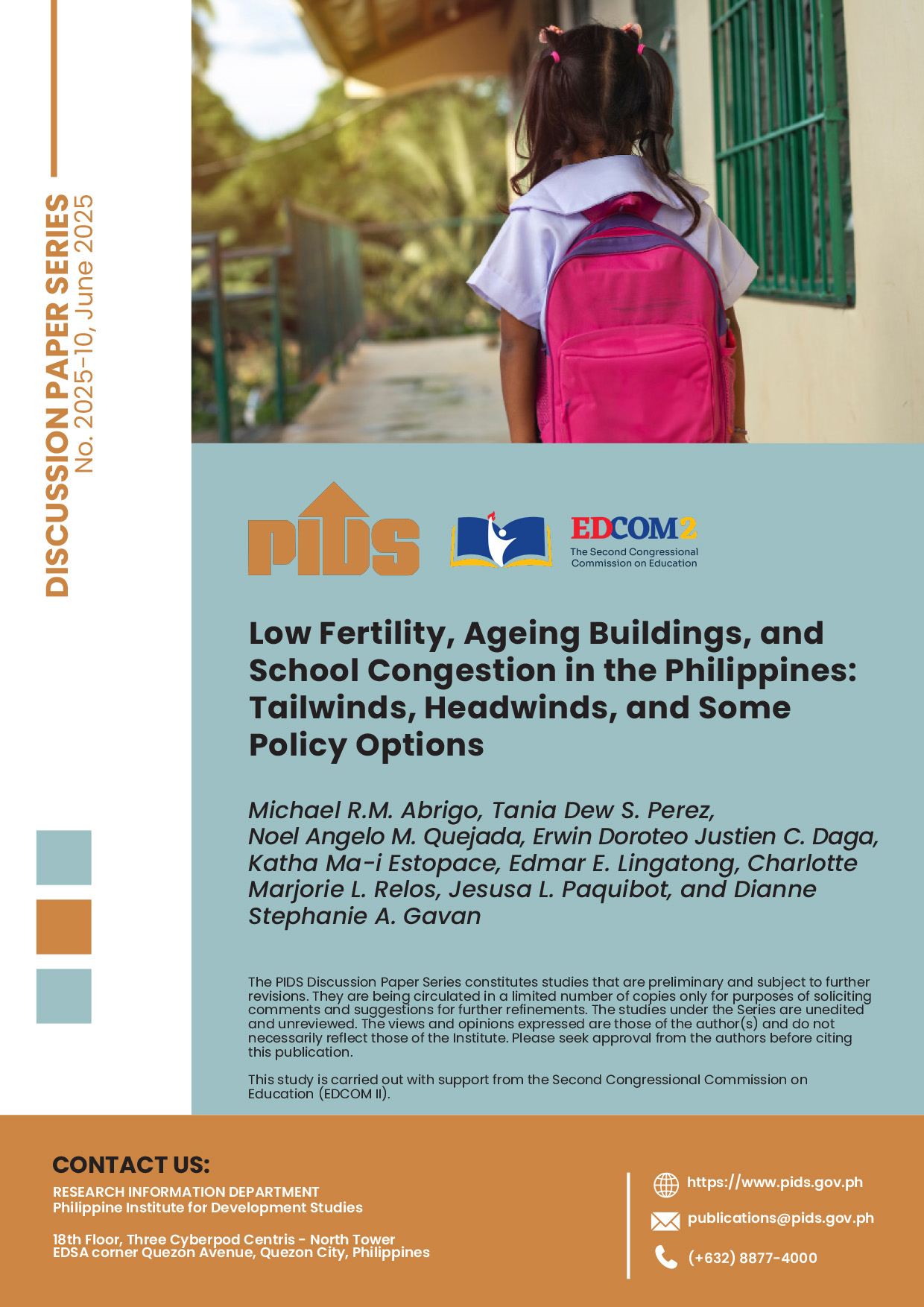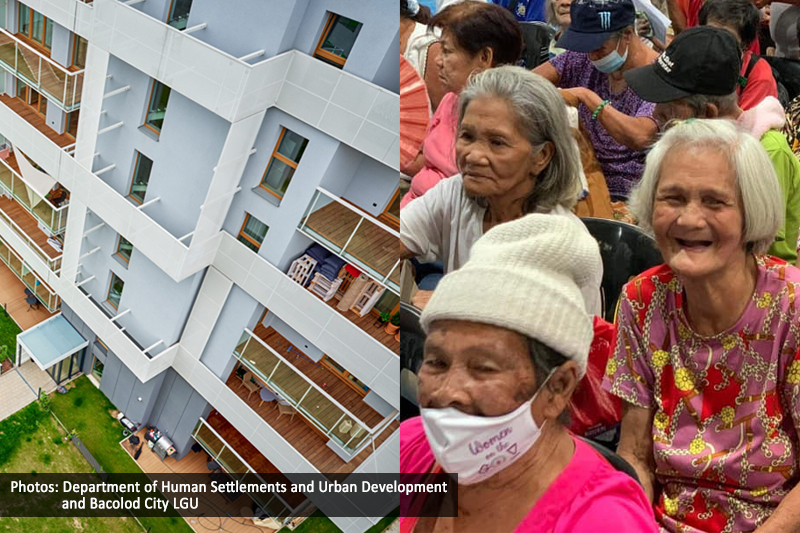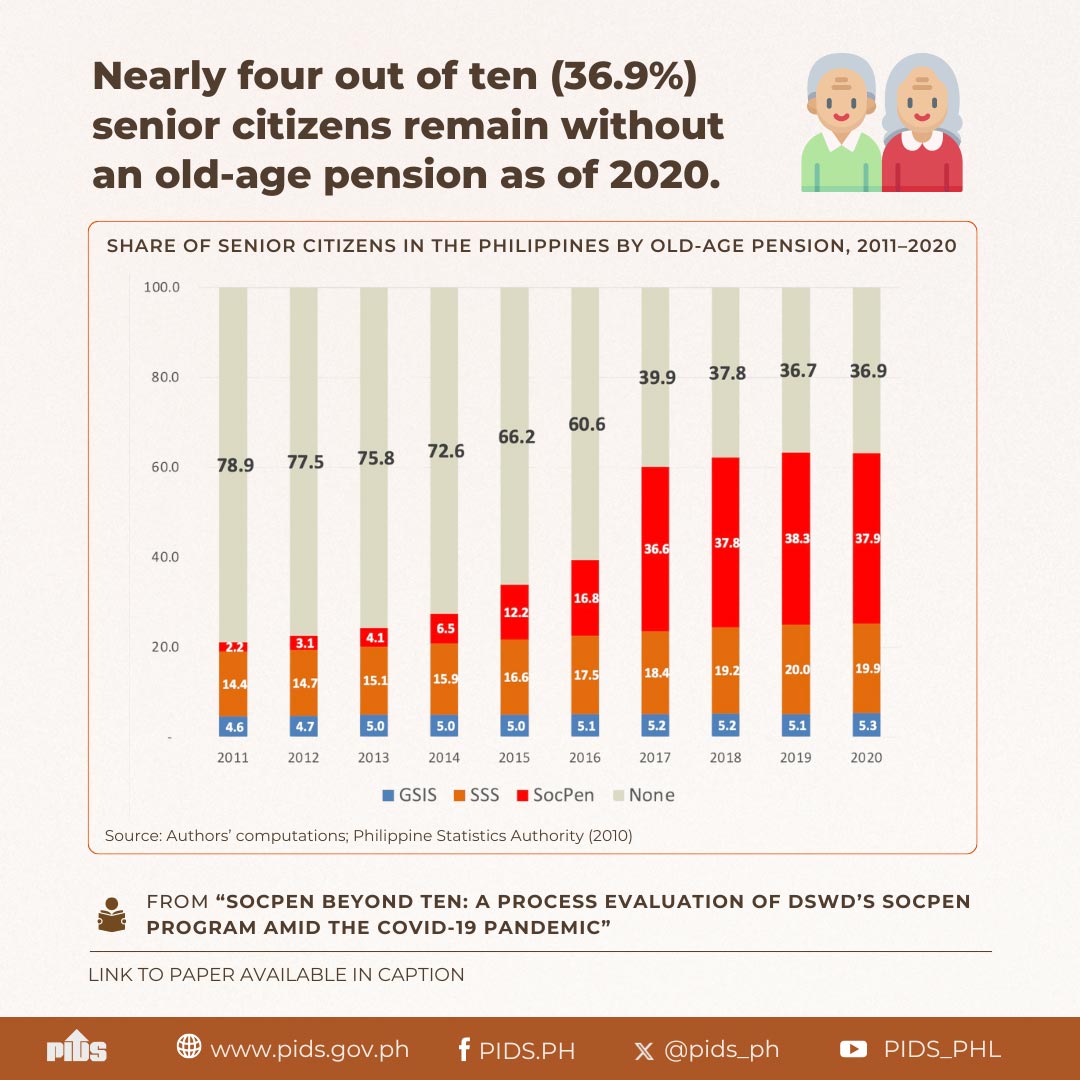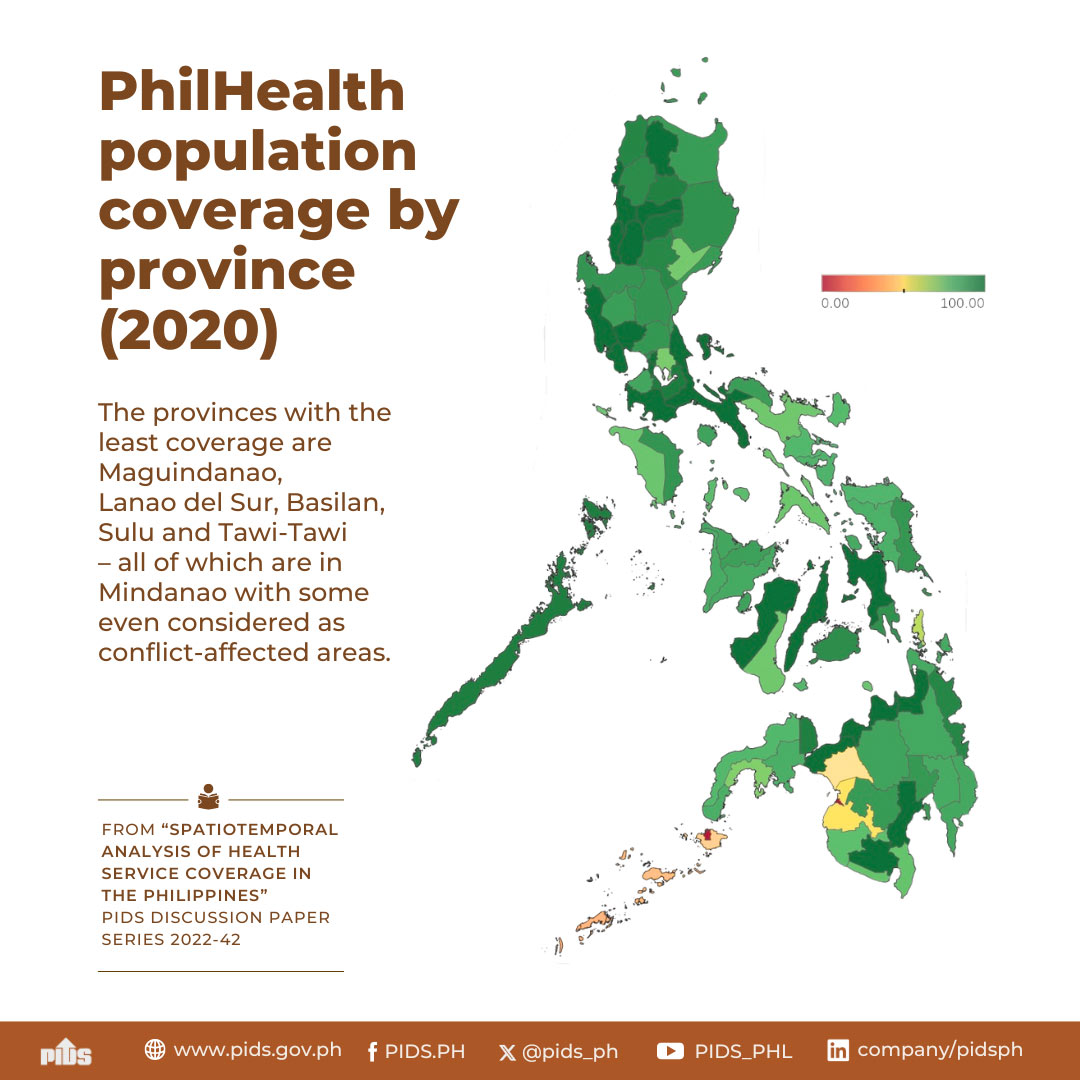The National Economic and Development Authority (NEDA) has underscored the importance of accurate and reliable statistical data and evidence which are crucial in determining how best to allocate limited resources.
This was stressed by Economic Planning Secretary Arsenio Balisacan yesterday during the launching of the Census of Population 2015 at Hotel Rembrandt in Quezon City.
"The government relies on accurate statistical data to ensure that the policy decisions and actions we make truly respond to the people’s needs. The census is particularly useful for development planning from the national to local levels, investment programming, and targeting beneficiaries of social services such as health, education, housing and social protection,” said Balisacan.
He noted that the census is an important input for political exercises, as the formation of congressional districts and cities depend partly on population count. It is also a basis for determining the amounts to be allocated for local government units (LGUs).
"Even businesses and industries will also find the census data useful for identifying sites for establishing their businesses, determining consumer demand for various goods and services, and improving labor supply.”
"I have seen the power that high-quality data can lend to the formulation of public policies that affect millions of lives,” said Balisacan.
Household-level statistics, including those generated from the census of population, have been important inputs to the design and implementation of poverty reduction programs and projects such as the Pantawid Pamilya program, and the National Health Insurance program.
"Our interventions to minimize the impact of natural disasters on vulnerable communities and populations also rely greatly on statistics that provide information on geographic characteristics.”
Balisacan pointed out that many of the policies and recommendations contained in the Updated Philippine Development Plan are based on the surveys and statistics generated by the Philippine Statistics Authority, as well as the body of research produced by leading local and foreign scholars and groups, including the University of the Philippines and the Philippine Institute for Development Studies (PIDS).
"As we monitor our country’s progress towards achieving inclusive growth, we continue to rely on statistics generated from household surveys to check whether we need to make adjustments in order to hasten the pace of poverty reduction.”
The NEDA is looking forward to the conduct of the 2015 Census of Population by the Philippine Statistics Authority (PSA). "We can hardly wait to get the results of a complete enumeration of households in the entire country as these will provide us the data required to properly plan and implement social and economic development plans, policies, and programs, especially now that we are embarking on a process of crafting a long-term vision for the Philippines,” Balisacan said.
"Academic and research institutions are also looking forward to digging into the census data to study population growth and geographic distribution, prepare population projections at the national and sub-national levels, and do studies on a wide range of topics that we hope will also be useful to us in government,” Balisacan added.
Read more at http://www.mb.com.ph/neda-urges-support-to-population-census/#rMToJhLIBml3WZju.99

